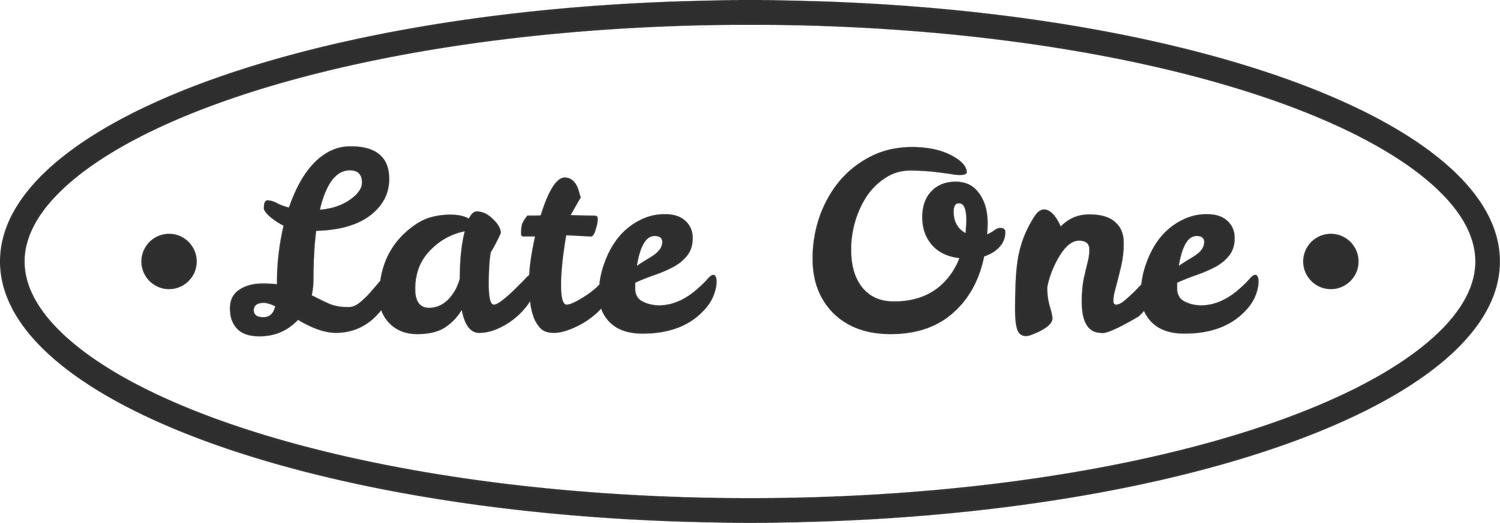The curse of knowledge
The role of a strategist isn’t rocket science. A major part is simply listening. To stakeholders, to customers and to problems. More often than not, I find myself looking into topics and issues that my clients have expert understanding and knowledge of — it’s the fact I’m external that often really helps build valuable outcomes.
This distance means I can avoid being struck by the ‘curse of knowledge’.
“The curse of knowledge is a cognitive bias that occurs when an individual, who is communicating with other individuals, assumes that other individuals have similar background and depth of knowledge to understand.”
Much of my work is alongside or informed by experts who possess a concentration of technical knowledge about a product or service. Their familiarity and closeness can make it difficult for them to explain benefits in a way that resonates with the target audience or end-users.
This is most common and challenging when developing value propositions and messaging. Individuals that may have spent years working on specific elements of a product or service can sometimes be clouded by this and misjudge the importance from the customer or user perspective.
Having distance and lack of familiarity enables independent strategists to assess and challenge, meaning my team is often able to frame information and present from a different angle. I find this is often the most valuable part of a the service we provide for clients who are often working on highly technical projects. A fresh look, one not clouded by familiarity, can really help to bring the most important elements of a project, product or service into focus.
